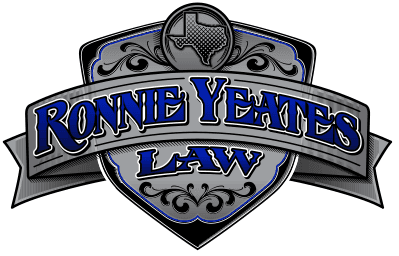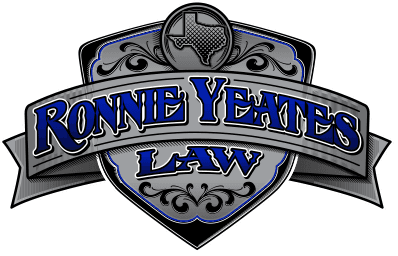The Directorate of Defense Trade Controls (“DDTC”) controls importation and exportation of firearms related items and they do it through the registration of ITAR, International Traffic in Arms Regulations, which requires registration and payment of fees dependent on what an individual or business does when dealing with manufacturing firearms.
They just put out a DDTC ITAR guidance letter discussing who must register and pay ITAR fees. Basically, the whole meat an potatoes is what is meant by “manufacturing” under the federal regulations. The DDTC has not put out an actual definition of manufacturing and many people get confused over the requirements.
Pursuant to CFR 22 §122.1 Registration requirements. (a) Any person who engages in the United States in the business of manufacturing or exporting or temporarily importing defense articles, or furnishing defense services, is required to register with the Directorate of Defense Trade Controls under §122.2. For the purpose of this subchapter, engaging in such a business requires only one occasion of manufacturing or exporting or temporarily importing a defense article or furnishing a defense service. A manufacturer who does not engage in exporting must nevertheless register. (bolded by me)
In this case, the guidance states businesses who do not actually manufacture don’t have to register with the DDTC. The DDTC stated businesses who engage in the following do not have to register…
- Occasional assembly of firearm parts and kits that do not require cutting, drilling, or machining;
- Firearm repairs involving one-for-one drop-in replacement parts that do not require any cutting, drilling, or machining for installation;
- Repairs involving replacement parts that do not improve the accuracy, caliber, or other aspects of firearm operation;
- Hydrographic paint or Cerakote application or bluing treatments for a firearm; ITAR Registration Requirements – Consolidated Guidance July 22, 2016 Firearms Manufacturers and Gunsmiths 3
- Attachment of accessories to a completed firearm without drilling, cutting, or machining—such as attaching a scope, sling, or light to existing mounts or hooks, or attaching a flash suppressor, sound suppressor, muzzle brake, or similar item to a prethreaded muzzle;
- Cosmetic additions and alterations (including engraving) that do not improve the accuracy, caliber, or other aspects of firearm operation beyond its original capabilities;
- Machining new dovetails or drilling and tapping new holes for the installation of sights which do not improve the accuracy or operation of the firearm beyond its original capabilities; and
- Manual loading or reloading of ammunition of .50 caliber or smaller
They went on in their letter to state businesses engaged in the following do have to register…
- Use of any special tooling or equipment upgrading in order to improve the capability of assembled or repaired firearms;
- Modifications to a firearm that change round capacity;
- The production of firearm parts (including, but not limited to, barrels, stocks, cylinders, breech mechanisms, triggers, silencers, or suppressors);
- The systemized production of ammunition, including the automated loading or reloading of ammunition;
- The machining or cutting of firearms, e.g., threading of muzzles or muzzle brake installation requiring machining, that results in an enhanced capability;
- Rechambering firearms through machining, cutting, or drilling; g) Chambering, cutting, or threading barrel blanks; and
- Blueprinting firearms by machining the barrel.
“E” is where the new concern has come in…the threading of barrels. Now, if a small garage smith threads barrels as part of his business plan, he is required to register under ITAR and pay the $2250 a year registration. Each violation has potential to result in up to a $1 million fine and 20 years in prison. Oh, and the violations can be retroactive. Meaning, if you've done it prior, you could be in big trouble.
So, yeah, ITAR sucks. It is one of the main reasons most small shops or individuals don’t get an FFL. It is the Federal government and not an exact science…and, it can mess you up pretty bad if you do not play by the rules. ITAR is completely separate from the purview of the ATF, who oversees FFL’s. It's voluntary reporting, but "ignorance of the law is no excuse".


